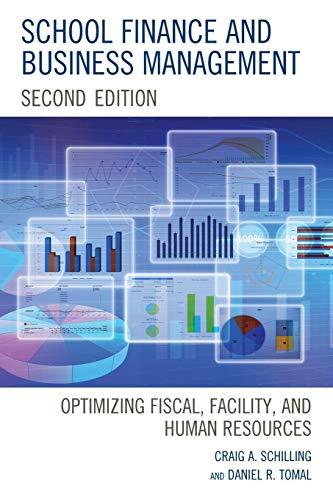Answered step by step
Verified Expert Solution
Question
1 Approved Answer
Consider two portfolios: Portfolio 1 has two stocks: Stock A has a standard deviation of 15% per year with an expected return of 11% per
 Consider two portfolios: Portfolio 1 has two stocks: Stock A has a standard deviation of 15% per year with an expected return of 11% per year, and Stock B has a standard deviation of 21% per year with an expected return of 15% per year. The correlation between Stock A and Stock B is .30. You have 1.5 times as much of Stock B as you do of Stock A. Portfolio 2 has two stocks: Stock C has a standard deviation of 24% per year with an expected return of 11.1% per year, and Stock D has a standard deviation of 16% per year with an expected return of 14\% per year. The correlation between Stock C and Stock D is .30. You have 4 times as much of Stock D as you do of Stock C. I. What are your portfolio standard deviations? (round to the nearest 0.1 percent) II. Which portfolio exposes you to more risk per unit of return? (round to three decimal places)
Consider two portfolios: Portfolio 1 has two stocks: Stock A has a standard deviation of 15% per year with an expected return of 11% per year, and Stock B has a standard deviation of 21% per year with an expected return of 15% per year. The correlation between Stock A and Stock B is .30. You have 1.5 times as much of Stock B as you do of Stock A. Portfolio 2 has two stocks: Stock C has a standard deviation of 24% per year with an expected return of 11.1% per year, and Stock D has a standard deviation of 16% per year with an expected return of 14\% per year. The correlation between Stock C and Stock D is .30. You have 4 times as much of Stock D as you do of Stock C. I. What are your portfolio standard deviations? (round to the nearest 0.1 percent) II. Which portfolio exposes you to more risk per unit of return? (round to three decimal places) Step by Step Solution
There are 3 Steps involved in it
Step: 1

Get Instant Access to Expert-Tailored Solutions
See step-by-step solutions with expert insights and AI powered tools for academic success
Step: 2

Step: 3

Ace Your Homework with AI
Get the answers you need in no time with our AI-driven, step-by-step assistance
Get Started


